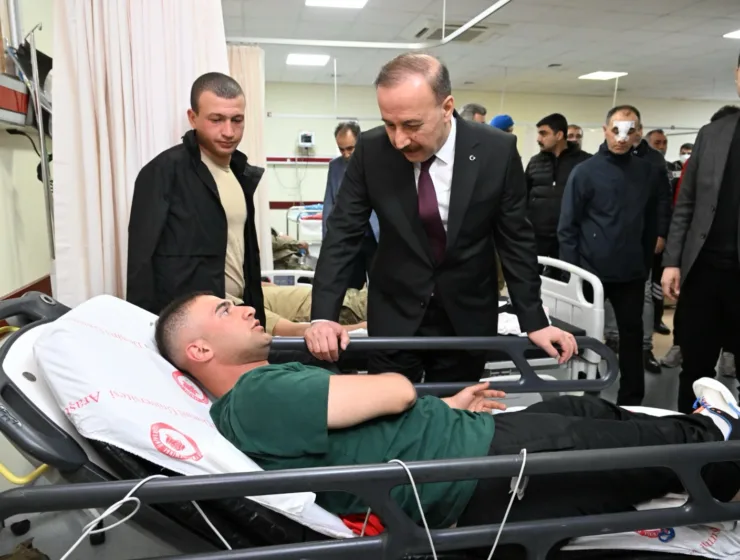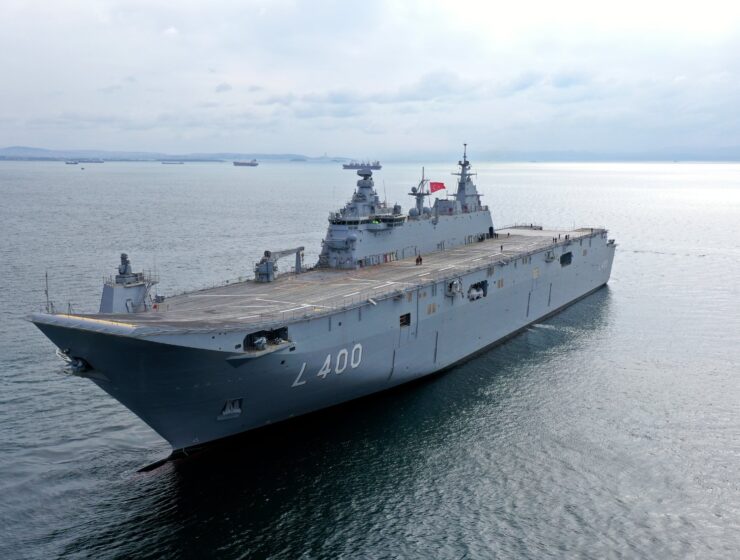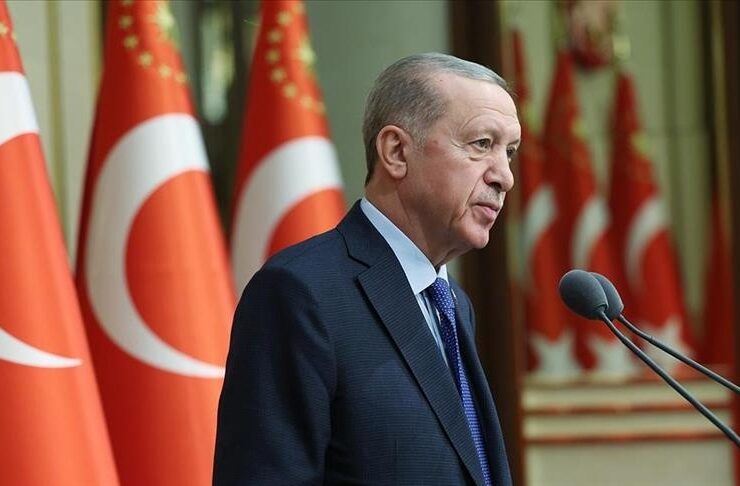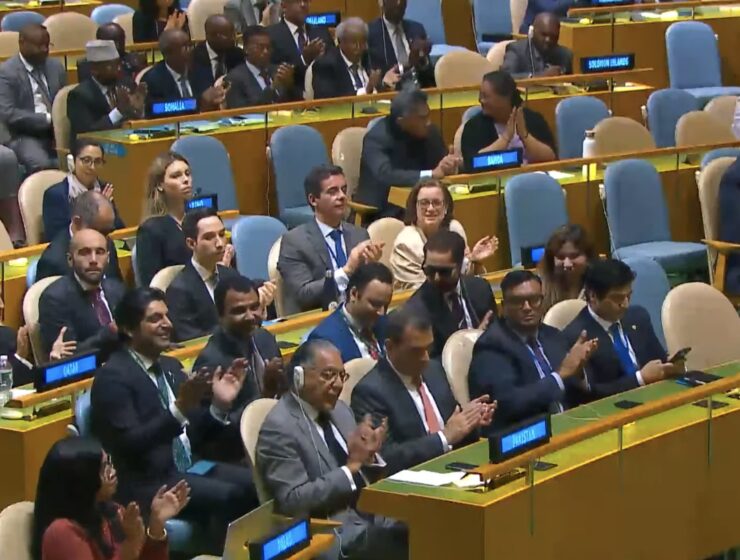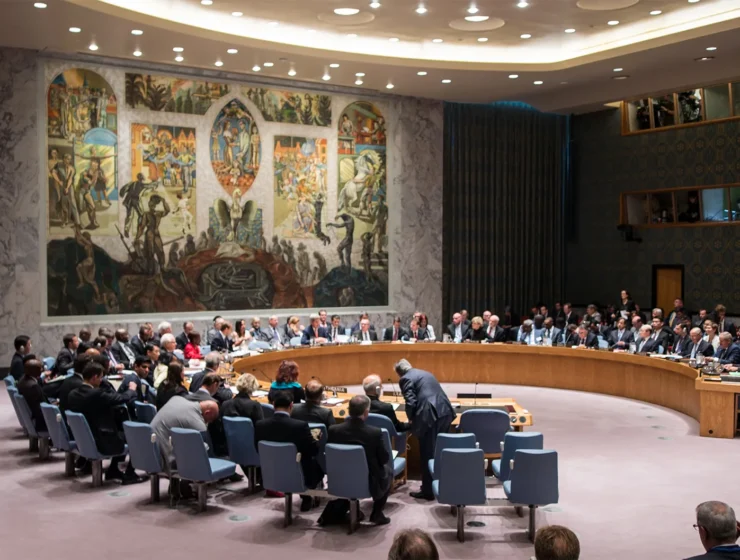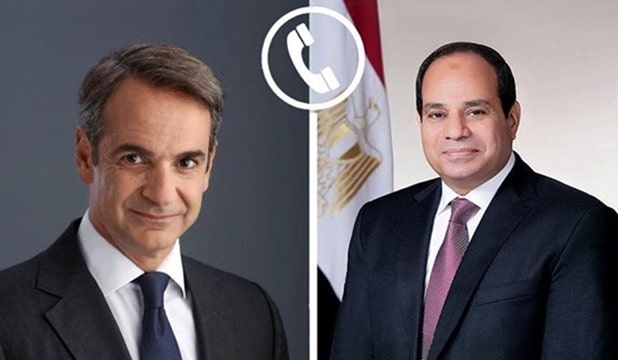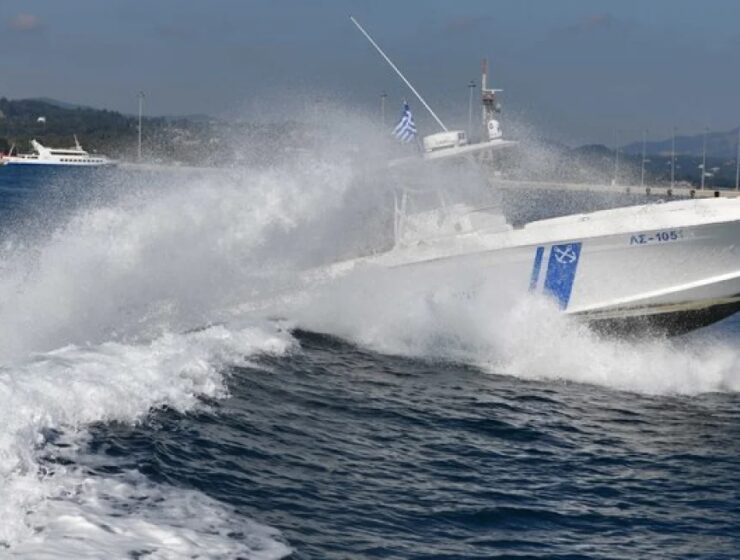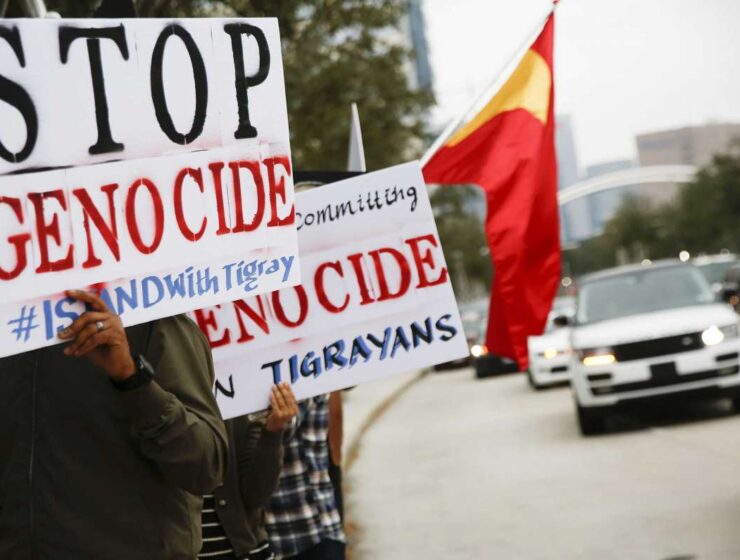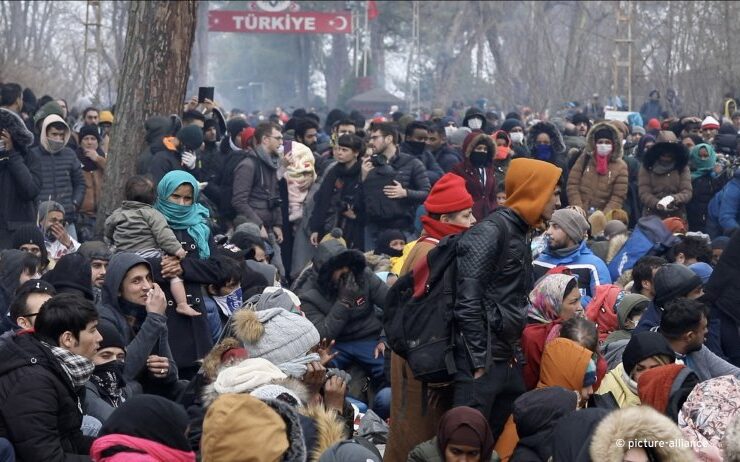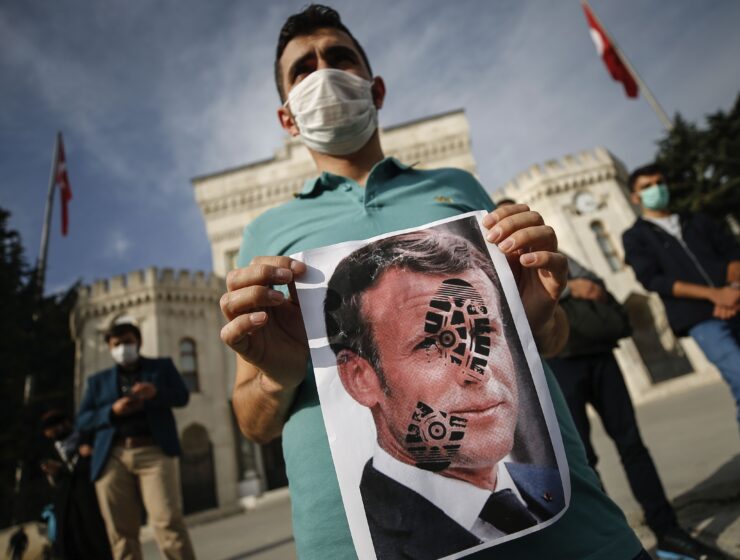Turkey’s state-owned Turkish Petroleum Corporation (TPAO) is set to launch energy exploration in waters off…
Tag: Somalia
Germany’s top administrative court has ruled that deporting two asylum seekers back to Greece does not violate human rights, despite concerns over poor living conditions for refugees there. The court found that young, able-bodied men are unlikely to face extreme hardship, prompting criticism from refugee advocates who warn of homelessness and lack of support in Greece.
Greece has officially designated Turkey as a “safe third country,” allowing the immediate rejection and return of asylum seekers from Syria, Afghanistan, Pakistan, Bangladesh, and Somalia who enter illegally from Turkey, as part of a tougher migration policy led by Minister Makis Voridis.
Turkey’s advanced Bayraktar Akinci drone suffered a tough March 2025, with two units shot down in two weeks—one in Mali near Algeria’s border and another in Iraqi Kurdistan by the PKK. These losses, alongside downings of other Turkish drones like the TB2 by groups such as Syria’s SDF, highlight vulnerabilities despite the Akinci’s sophisticated capabilities. With sales to 11 countries and a high-profile role in Iran’s 2024 presidential helicopter search, the drone’s recent setbacks could impact Turkey’s booming drone export market, especially for cost-sensitive buyers like Mali and Somalia.
In a shocking turn of events, a football match at the Turkish Commando Training Center in Isparta spiraled into chaos as Somali soldiers clashed with their Turkish trainers. The violent brawl left 51 Somalis injured, one critically, amid rumors of insults igniting the fray in Turkey’s famed “City of Roses.”
The launch of two new Turkish frigates highlights Ankara’s expanding naval ambitions in the Mediterranean, Aegean, and Black Seas, bolstered by its growing domestic defense industry. Rooted in the “Blue Homeland” doctrine, this strategy has fueled maritime disputes with Greece and Cyprus over boundaries and resources. With 29 ships under construction and a defense budget of $45 billion for 2025, Turkey aims to assert itself as a regional and global naval power, reducing reliance on Western suppliers and promoting its advanced unmanned surface vehicle programs.
“We will not take a single step back in protecting our ‘Blue Homeland’. Everyone should know this. We will continue to defend the rights of Turkey and Turkish Cypriots to the end.”
Western European and other States Group (two seats): Denmark and Greece were elected.
Denmark, Greece, Pakistan, Panama, and Somalia are set to secure non-permanent seats on the U.N. Security Council following a secret ballot in the General Assembly. They will replace Mozambique, Japan, Ecuador, Malta, and Switzerland, joining the five permanent members and the countries elected last year. The Security Council faces ongoing challenges, including Russia’s veto power and the need for reform to reflect the contemporary world.
President Abdel Fattah El-Sisi’s recent phone calls with Somali President Hassan Sheikh Mohamud and Greek…
A 23-year-old man from Somalia doused himself in gasoline outside the offices of the Foreigners…
According to a comprehensive investigation by The New York Times, a distressing incident involving masked…
Thirteen unaccompanied refugee minors from Afghanistan, Bangladesh and Somalia departed from Athens International Airport on…
Tensions continue to rise in Ethiopia. The advance of Tigray’s rebel forces has become unstoppable.…
Greece’s decision to designate Turkey as a safe third country for asylum seekers from Syria,…
The migration and asylum ministry on Wednesday announced the death of a 28-year-old Somali man…
Seven non-government organizations have orchestrated with human traffickers to smuggle illegal immigrants into Greece, according…
The horrific terrorist attacks in France and the confrontation that erupted between Paris and Ankara…
Chemical tanker AEGEAN II has been hijacked by armed men in Somali waters. According to…
Palestinian President Mahmoud Abbas expressed pleasure about the conversion of Hagia Sophia into a mosque…





